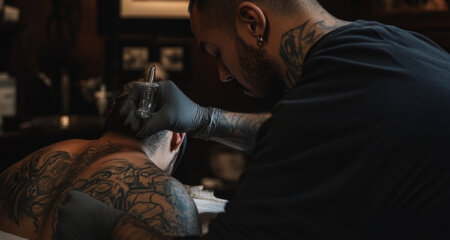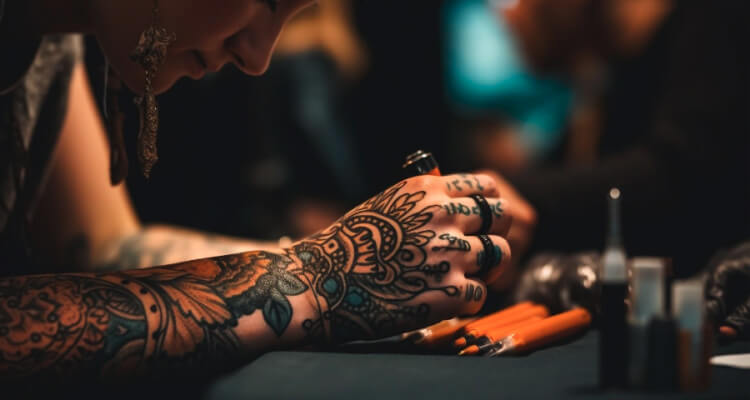
Cultural Significance of Tattoos Across Different Age Groups
Posted on
All over the World, tattoos have Cultural Significance. It has been the form of fluency and their fluency alters among the various ages. In many countries, it is a custom for the indication of aesthetics and religion. So take a look at the identity of tattoos and get to know the age restrictions for making tattoos. In this comprehensive blog writing, you will also be able to know the reasons for which people throughout the ages have had significance.
Tattoos as Markers of Identity
Tattoos are used as identification marks that give information about a person’s reliability.
Many people get them for a specific reason. We uncover the cultural importance of tattoos in various age groups and explore the practical side of self-expression.The age calculator calculates age in days, months, and years and makes measuring and planning for your next tattoo! To tell the importance of tattoos to society, we have to understand their cultural significance.
Age Restrictions For Getting a Tattoo
Different states have different tattoo age restrictions to get tattoos but in many countries, the age for tattooing without parental permission is over 18. Some places allow tattoos without parental consent and some don’t as restrictions vary by place. Therefore it is very important to understand the laws and regulations of your area before getting a tattoo. The acceptance and popularity of tattoos have varied among different generations, the age calculators calculate age to analyze that younger age groups embrace them more than older generations.
Some countries’ laws do not allow people under the age of 18 to get tattoos even with their parents’ consent. Some countries allow you to get a tattoo at around the age of 16-17 with your parent’s consent but in this case, the physical presence of your parents with you is very important.
What Are The Reasons People Throughout The Ages Have Had Tattoos?
In ancient times, tattoos were used to deliver cultural expressions with various symbols and designs. The age calculator has evolved to fit the ways to compensate the events or loved ones with date, name, and image to show the changing societal norms.
The reasons behind getting tattoos vary throughout the whole world. The reasons include religious purpose, Less fear of death, personal expression, Aesthetics & art, Commemoration, fashion, and indications of group membership.
What Cultures Promote Tattoos?
Many cultures around the world promote the art of tattooing, including
1. Polynesian Cultures
Polynesian cultures are cultures that refer to the different indigenous Polynesian cultures islands in the Pacific Ocean.
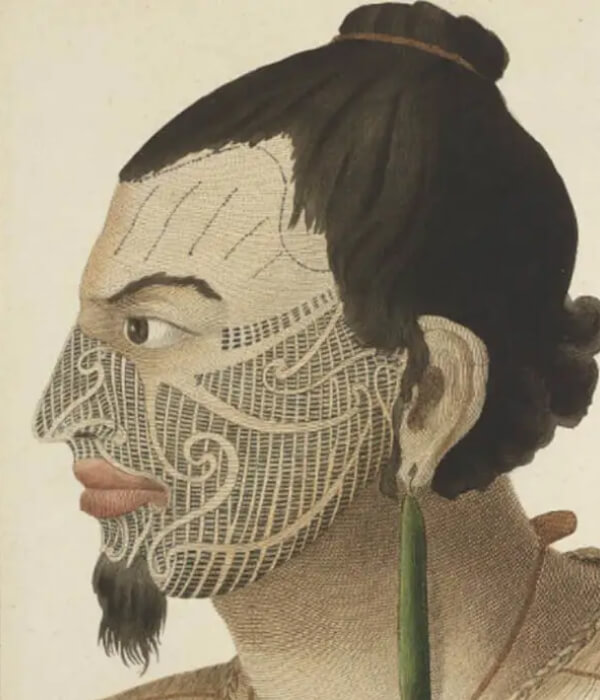
Image Source – www.thecollector.com
2. Maori Culture
In New Zealand people, it is a custom that encompasses the beliefs of traditions, customs, languages, goods, travellers, luggage, and arts. Additionally, it includes traditional ceremonies, dances, and songs. This Maori (New Zealand) culture is referred to as “ta moko” which indicates personal genealogy, social status, and personal success.
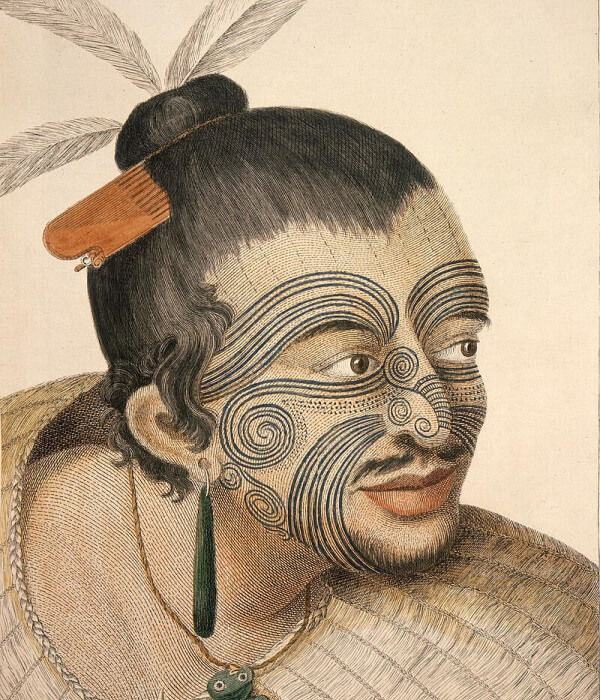
Image Source – en.wikipedia.org
3. Japanese Culture
For tattoos, the traditional Japanese culture has a wide history of customs. This culture is also referred to as “irezumi”. This culture includes arts, cuisines, festivals, and customs and it also has spiritual significance.
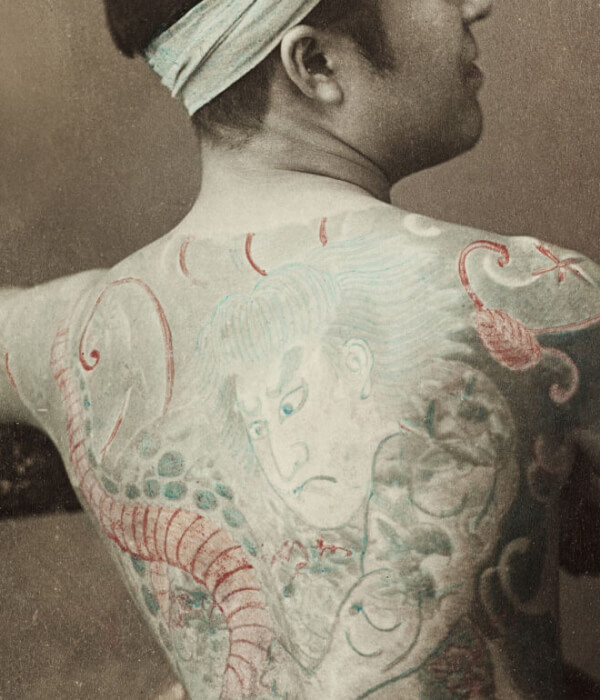
Image Source – artdesignasia.com
4. Indigenous Cultures Of North America
The indigenous culture of North America is diverse and has a range of customs, languages, and traditions. This culture has a tradition of tattoos with designs that often indicate the spiritual beliefs of thousands of years of history.
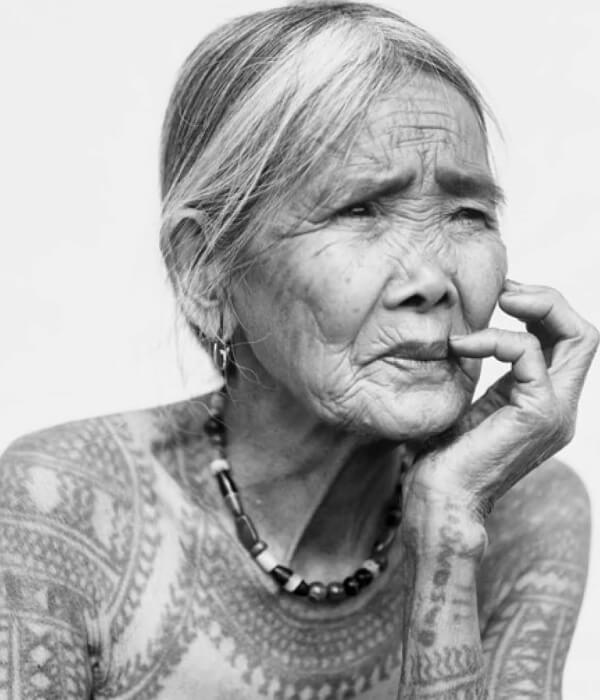
Image Source – www.pinterest.com
5. Celtic Culture
It refers to the customs, languages, arts, and traditions of the old people who lived in different areas of Europe. This culture varies from area to area and in a particular area of Europe including Ireland, Scotland, Wales, Cornwall, some areas of Spain, and Brittany. So we analyze that tattoos are manipulated for delivering expressions.
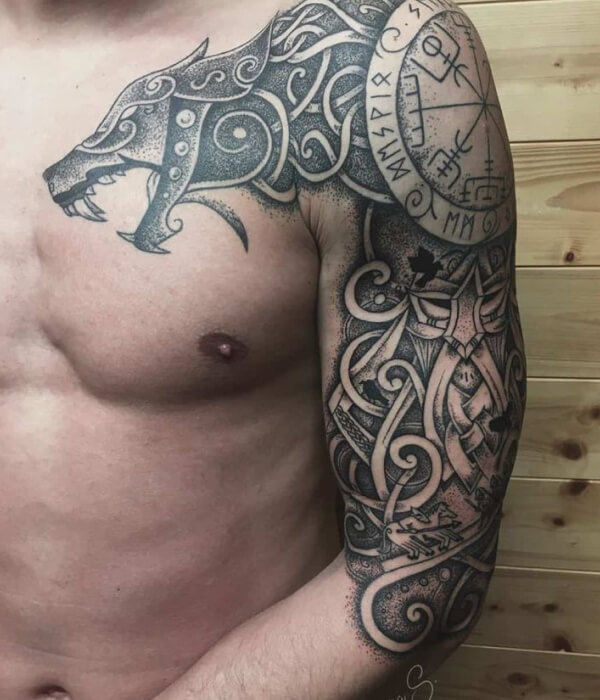
Image Source – www.storiesandink.com
Health Considerations For Getting a Tattoo At Different Ages
Older people have thinner skin than younger people because the skin loses its elasticity as it ages therefore, the healing process after getting a tattoo is slow in older people and they may get an infection.
1. Adolescents and young adults (under 18)
People of this age need to consider the effects of getting a tattoo on their mental and physical health. They should be aware that getting a tattoo at this age can have a very negative impact on their career opportunities in the future and they may regret it because you may get many professional jobs when your physical test is cleared. You should get a tattoo done by a licensed tattoo artist so that you don’t run the risk of infection and complications later.
2. Adults (18-65)
Adults need to consider their health and medical condition before getting a tattoo. Tattoo artists must check people’s medical conditions, allergies, and medication to ensure the tattooing process is safe. Additionally, adults should be aware that the healing process may be slow in this age. That is why they should take proper care of themselves to avoid infection and promote the healing process.
3. Older adults (65+)
Older adults should take care of the delicacy of their skin while getting a tattoo because at this age skin becomes thinner. Concept your healthcare provider to get a tattoo at this age because the healing process is much slower in older people. One of the disadvantages of getting a tattoo at this age is you get wrinkles on your face which can change the shape of the tattoo.
Last Words
The age calculator is used to determine the different population sectors to analyze which tattoos are important for the person. It holds cultural significance for age groups that indicate everything from tradition to personal identity and individuality. The cultural significance of tattoos is different in people of different age groups. People of the older generation make them rebellious and taboo but the younger generation makes them for self-expression, devotion, and personal identity.



